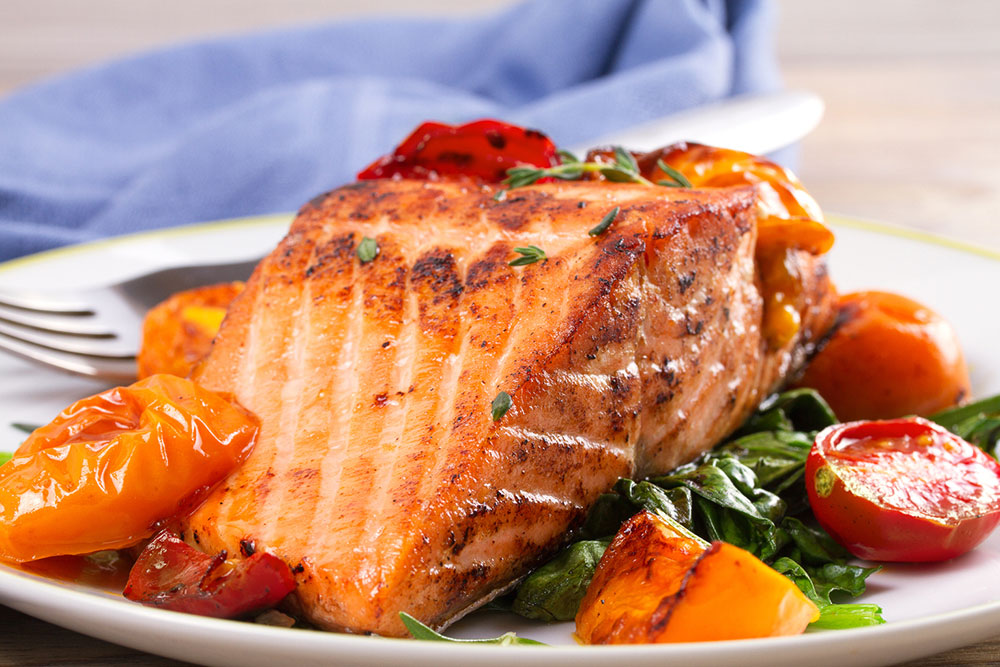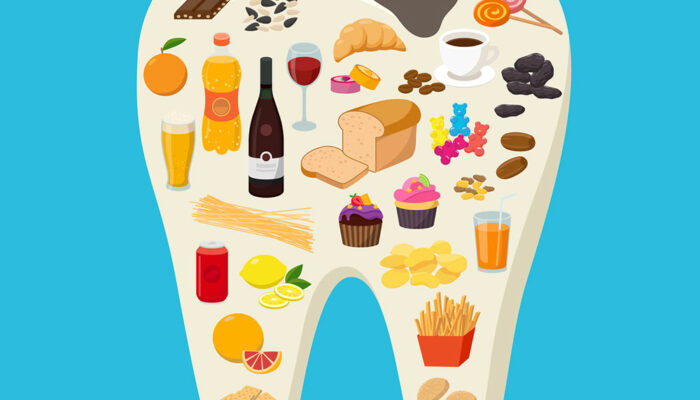
Top 6 Foods That Can Help Manage Depressive Symptoms
Approximately 9.5% of individuals nationwide are diagnosed with depression each year. This mental health condition requires prompt diagnosis and systematic interventions. With increasing awareness of mental health conditions, several psychiatric and psychotherapeutic interventions have been devised. In addition to seeking professional help, individuals with depressive symptoms can also make certain lifestyle changes, like eating and excluding certain foods, to alleviate symptoms. So, here are some foods that can help manage depressive symptoms:
1. Fatty fish like salmon
Low serotonin levels have been associated with depressive symptoms; conversely, raising serotonin levels is advised as a treatment for depression. It has been found that increasing the intake of omega-3 fatty acids may boost serotonin concentration in the body, helping with depression management. Fatty fish like salmon, mackerel, and herring are excellent sources of omega-3 fatty acids. Moreover, fatty fish are also rich in vitamin D. Deficiency of this vitamin is linked to depressive symptoms. Therefore, fatty or oily fish should be a part of one’s meal plan while healing from depression.
2. Eggs
Protein-rich foods, like eggs, contain certain amino acids necessary to produce neurotransmitters that help prevent and treat depression and anxiety-related symptoms. Besides being a rich protein source, eggs contain vitamins B2 and B12, iron, choline, selenium, and tryptophan. A combination of these essential vitamins and minerals can help manage anxiety and depression symptoms and regulate sleep. Thus, having eggs in some form for breakfast, or any meal for that matter, is an effective way for individuals with depressive symptoms to boost their mental health.
3. Brazil nuts
Several studies have found that selenium deficiency may be a contributing factor to depression. Having foods rich in selenium can reduce depressive symptoms and enhance mental health. Brazil nuts are among the best sources of selenium, with one ounce (six to eight nuts) of Brazil nuts containing about 544 mcg of the mineral. However, one should have a limited quantity of these nuts at a time to avoid selenium toxicity.
4. Carrots
Free radicals essentially refer to waste products generated through natural body processes. Excess free radicals in the body can contribute to the development of oxidative stress and an increase in depressive symptoms. Antioxidants are necessary to reduce these free radicals and control the symptoms of mental health disorders like anxiety and depression. Beta-carotene is a rich antioxidant found in large concentrations in carrots, whose intake may lower one’s depression levels. Carrots may be consumed directly or included in salads, stir-fries, soups, juices, and smoothies.
5. Mussels and clams
Some studies have linked low levels of B12 with greater susceptibility to depression. This could be because B12 deficiency could cause low levels of a substance called s-adenosylmethionine, which the blood uses to process other chemicals that influence one’s mood. Mussels and clams are packed with B12 and should be incorporated into one’s meals while managing depressive symptoms.
6. Leafy green vegetables like spinach
Leafy greens are high in folate (vitamin B9), which boosts serotonin production and can help control depressive symptoms. They are also excellent sources of iron, whose deficiency has been linked to the onset of mental health disorders like anxiety and depression. Thus, dark leafy greens like spinach, Brussels sprouts, bok choy, and collard greens should be a part of one’s meals to fight depression.



